NGORONGORO CRATER
A UNESCO World Heritage Site

 object-fit: cover;">
object-fit: cover;">
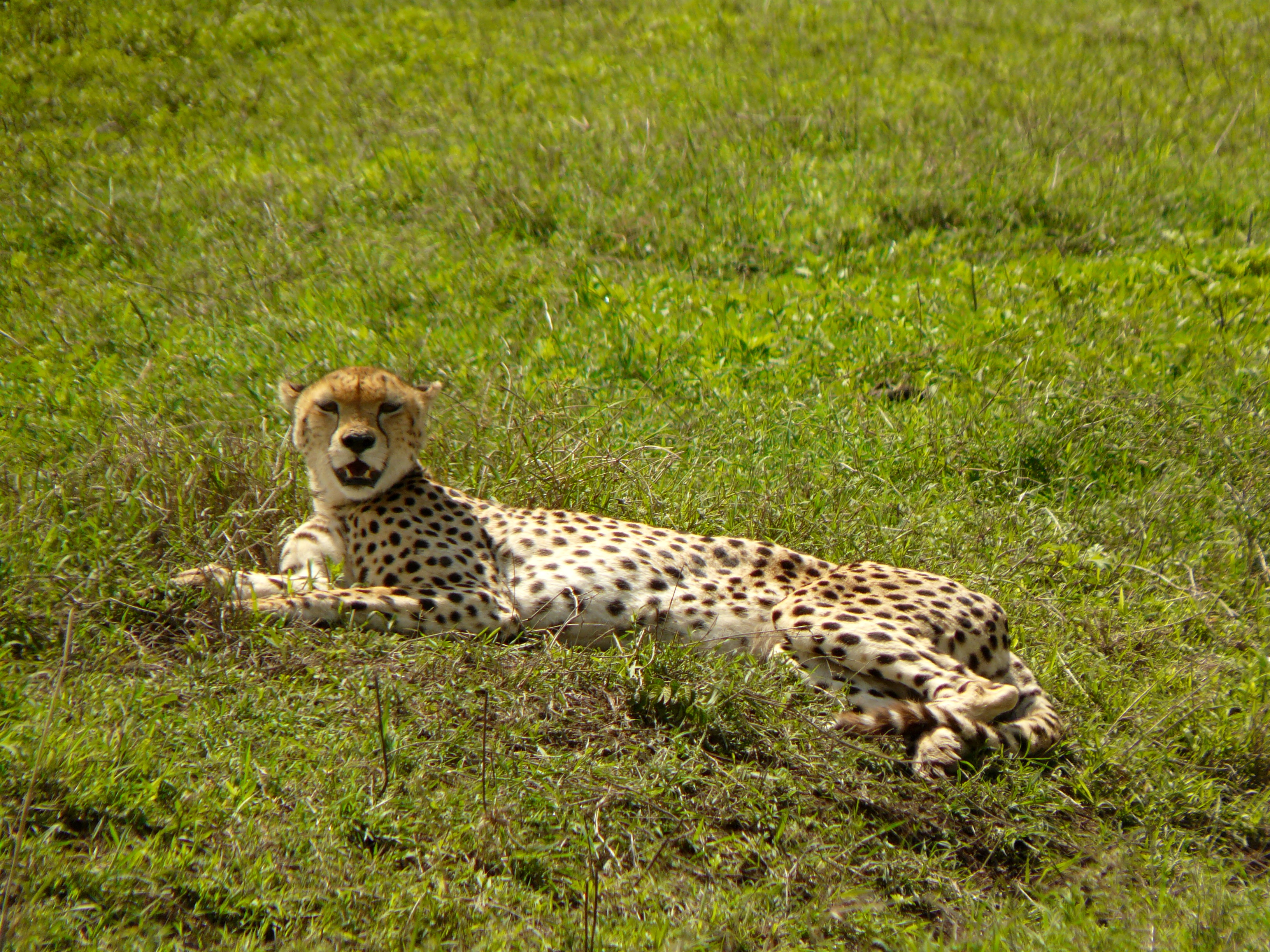 500px; object-fit: cover;">
500px; object-fit: cover;">
A UNESCO World Heritage Site

 object-fit: cover;">
object-fit: cover;">
 500px; object-fit: cover;">
500px; object-fit: cover;">
Ngorongoro Crater is the world’s largest inactive volcanic caldera and is home to an incredible variety of wildlife, making it a must-visit destination for nature lovers and adventure seekers alike.
The Ngorongoro Crater is known for its unique ecosystem, which is sustained by the moisture collected from the surrounding mountains. This natural bowl provides a diverse habitat for wildlife, from grasslands to forests and lakes, allowing for high densities of animals.
It is particularly famous for:
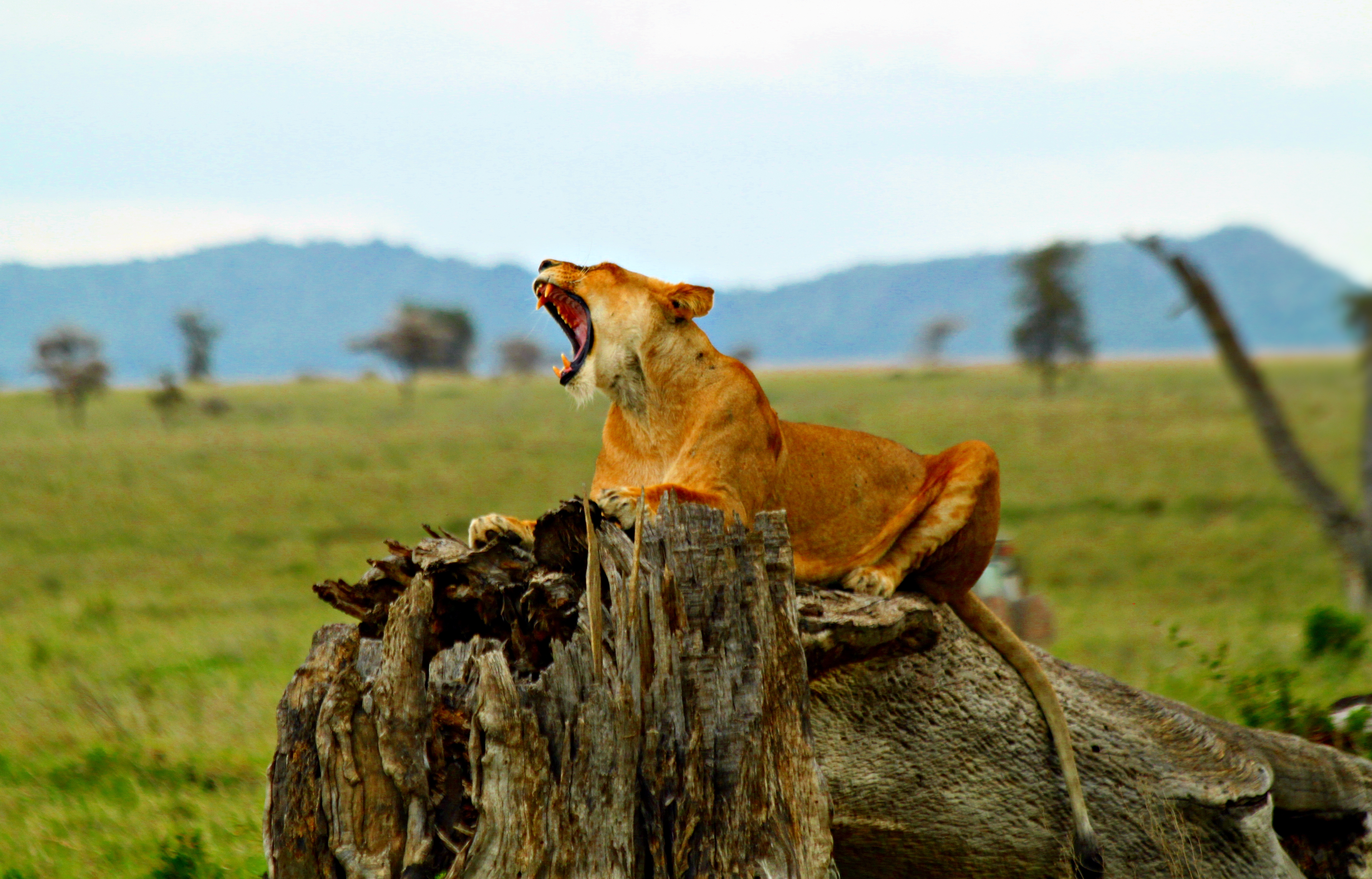
Formed approximately 2.5 million years ago, the Ngorongoro Crater is a geological marvel. The massive eruption of a volcano collapsed its summit, creating a caldera that is now a UNESCO World Heritage Site.
The crater floor is about 610 meters (2,000 feet) below the rim and covers an area of 260 square kilometers (100 square miles). The variety of habitats within the crater—ranging from open grasslands and woodlands to swamps and lakes—supports over 25,000 large animals.
This rich biodiversity makes Ngorongoro a crucial conservation area, helping to maintain the ecological balance within the region.
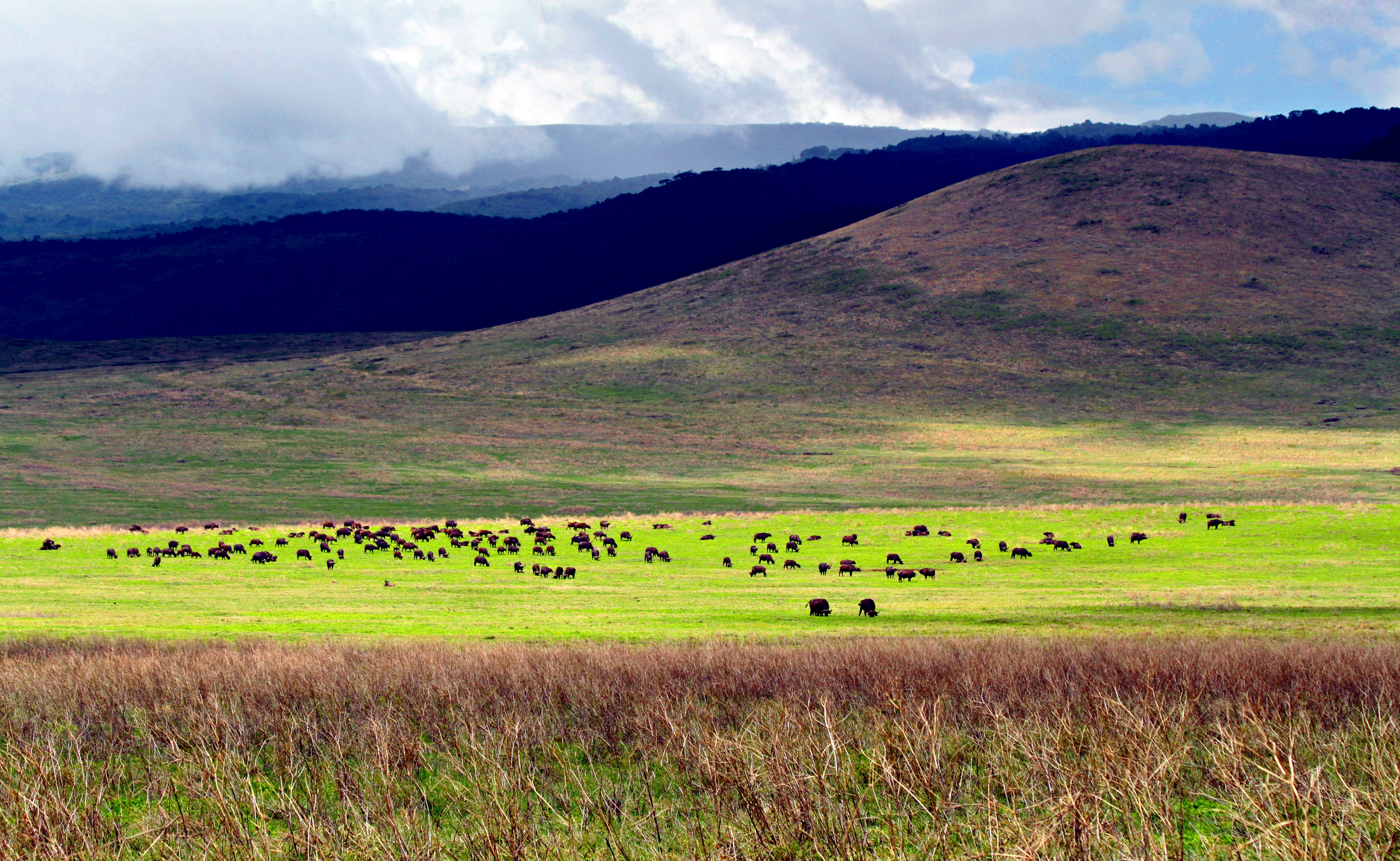
Ngorongoro Crater offers a wealth of activities for visitors, including:
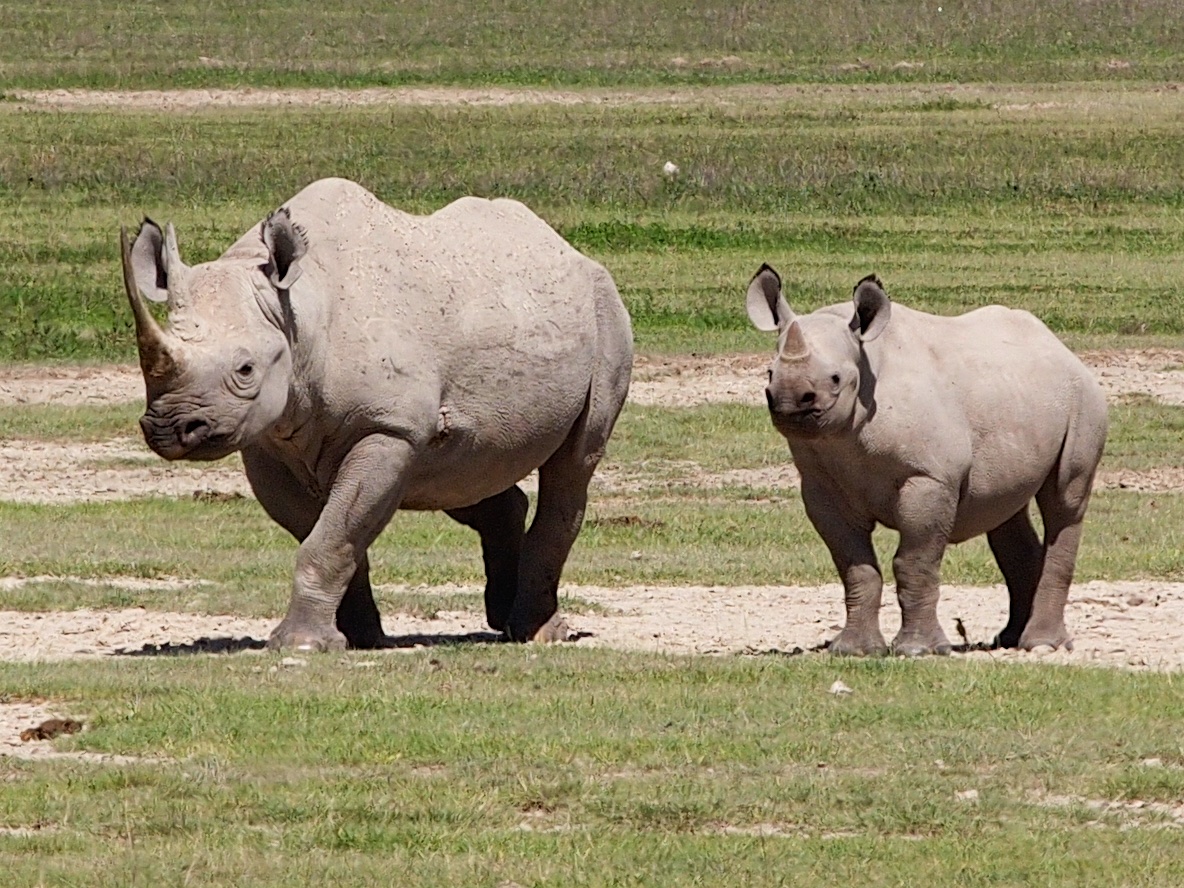

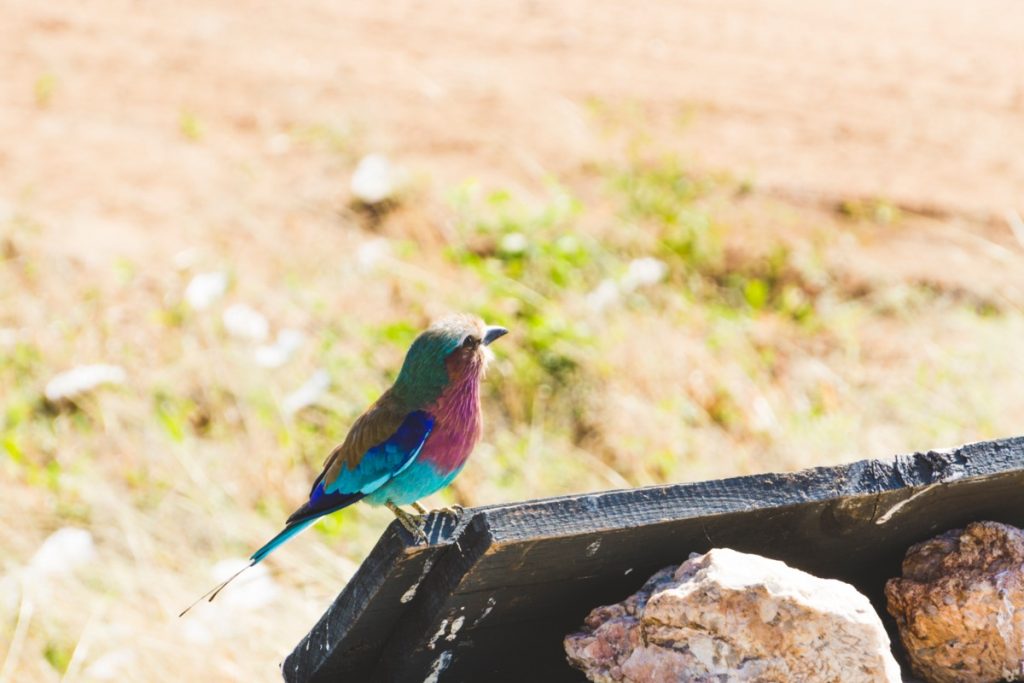
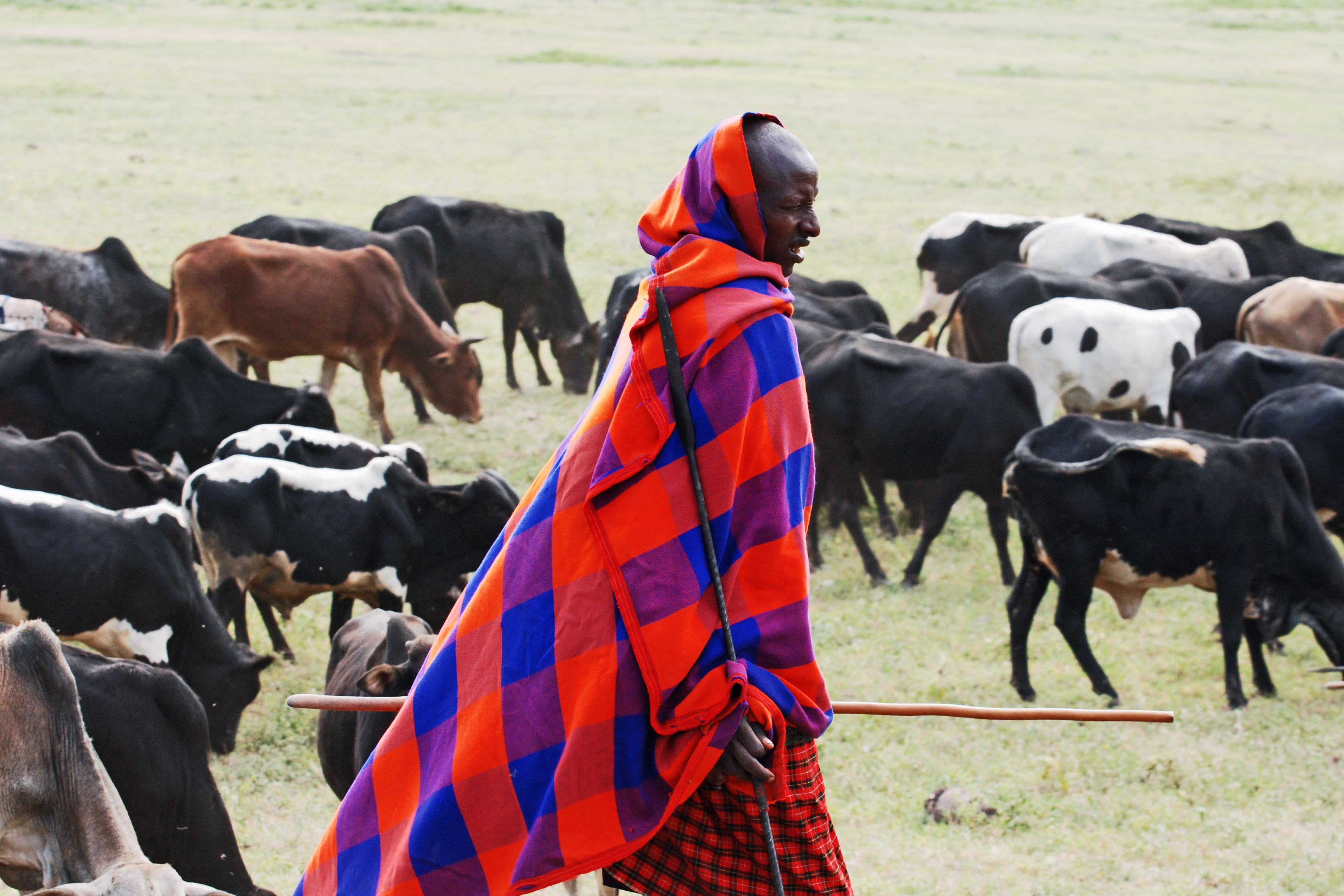



If you're ready to experience the breathtaking beauty of Ngorongoro Crater, reach out to us for booking your safari today!
Book Now